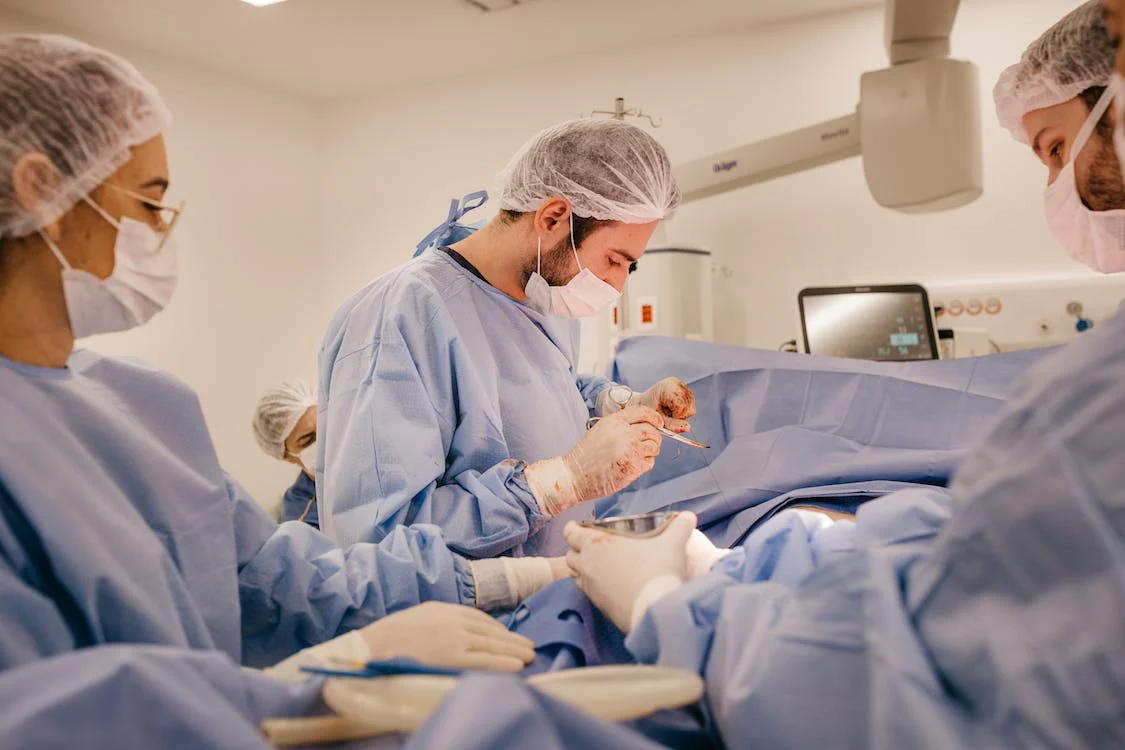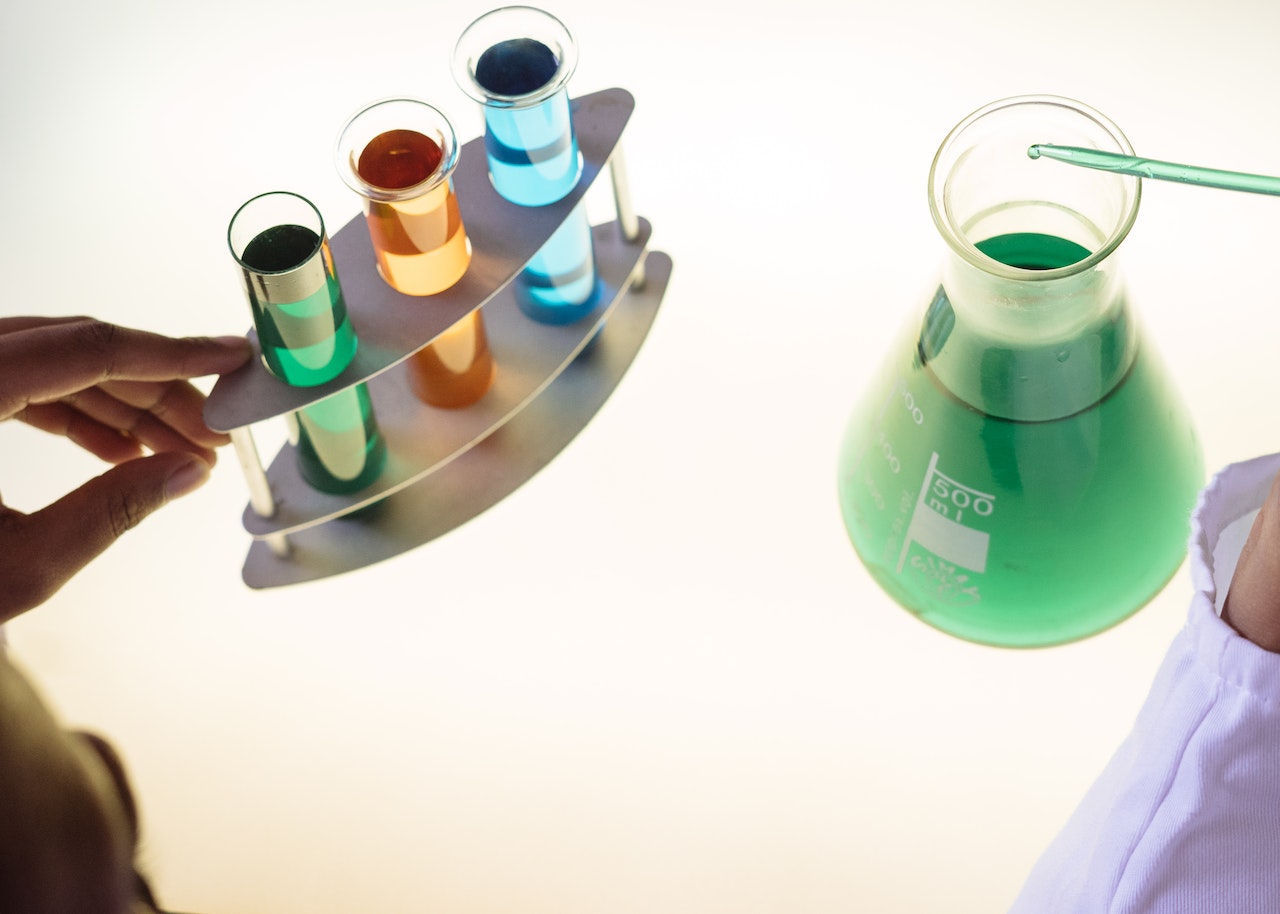Mesoblast Limited (Nasdaq:MESO; ASX:MSB), global leader in allogeneic cellular medicines for inflammatory diseases, today announced that the United States Food and Drug Administration (FDA) has granted its allogeneic cell therapy Revascor® (rexlemestrocel-L) an Orphan-Drug Designation (ODD) following submission of results from the randomized controlled trial in children with hypoplastic left heart syndrome (HLHS), a potentially life threatening congenital heart condition. This follows the Rare Pediatric Disease Designation (RPDD) granted by FDA last month.
Mesoblast Chief Executive Silviu Itescu said: “We are very pleased to have now been granted both Orphan-Drug Designation and Rare Pediatric Disease Designation by FDA for REVASCOR in the treatment of children with this often-fatal congenital heart condition. The designations were granted on the back of the results from children in a randomized controlled trial indicating that REVASCOR may increase the ability to successfully accomplish life-saving surgery. We plan to meet with FDA to discuss the pathway for approval in this indication.”
Results from a blinded, randomized, placebo-controlled prospective trial of REVASCOR conducted in the United States in children with HLHS were published in the December 2023 issue of the peer reviewed The Journal of Thoracic and Cardiovascular Surgery Open (JTCVS Open).1
In the HLHS trial conducted in 19 children, a single intramyocardial administration of REVASCOR at the time of staged surgery resulted in the desired outcome of significantly larger increases in left ventricular (LV) end-systolic and end-diastolic volumes over 12 months compared with controls as measured by 3D echocardiography, (p=0.009 & p=0.020 respectively).
These changes are indicative of clinically important growth of the small left ventricle, facilitating the ability to have a successful surgical correction, known as full biventricular (BiV) conversion, which allows for a normal two ventricle circulation with the surgically repaired left ventricle taking over circulatory support to the body. Without full BiV conversion the right heart chamber is under excessive strain with increased risk of heart failure and death.
As noted in our recent publication, “The fact that 100% of REVASCOR-treated children compared with 57% of controls had large enough LVs to accommodate the full BiV conversion suggests that REVASCOR treatment may help increase the ability to ‘better grow’ the HLHS LV after LV recruitment surgery.”




